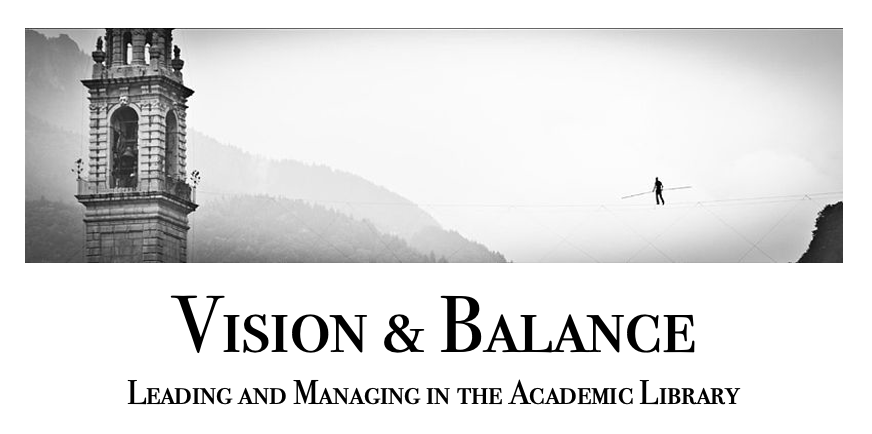Rick Anderson
Rick Anderson is University Librarian of Brigham Young University, a "chef" at The Scholarly Kitchen, and the author of several books, including _Scholarly Communication: What Everyone Needs to Know_.
Are You a Workaholic? Does It Matter?
Don't let anyone tell you that they have the perfect answer to the question "What is an appropriate work-life balance?". But don't kid yourself: your work-life balance affects others, not just you.
Library Policy Management 104: Policies and Personalities
Allowing personalities to drive organizational change ends up causing grief for everyone – ultimately, including those the leader is trying to mollify by giving in.
Email and Expectations
What does your email behavior communicate to your employees and your leadership team? (Answer: it communicates more than you think it does.)
On Checking Your Privilege As a Leader
Good leaders don't let themselves fall prey to entitlement.
Five Tips for Better Meetings
A few tips for making your meetings better -- when you need a meeting at all, that is.
